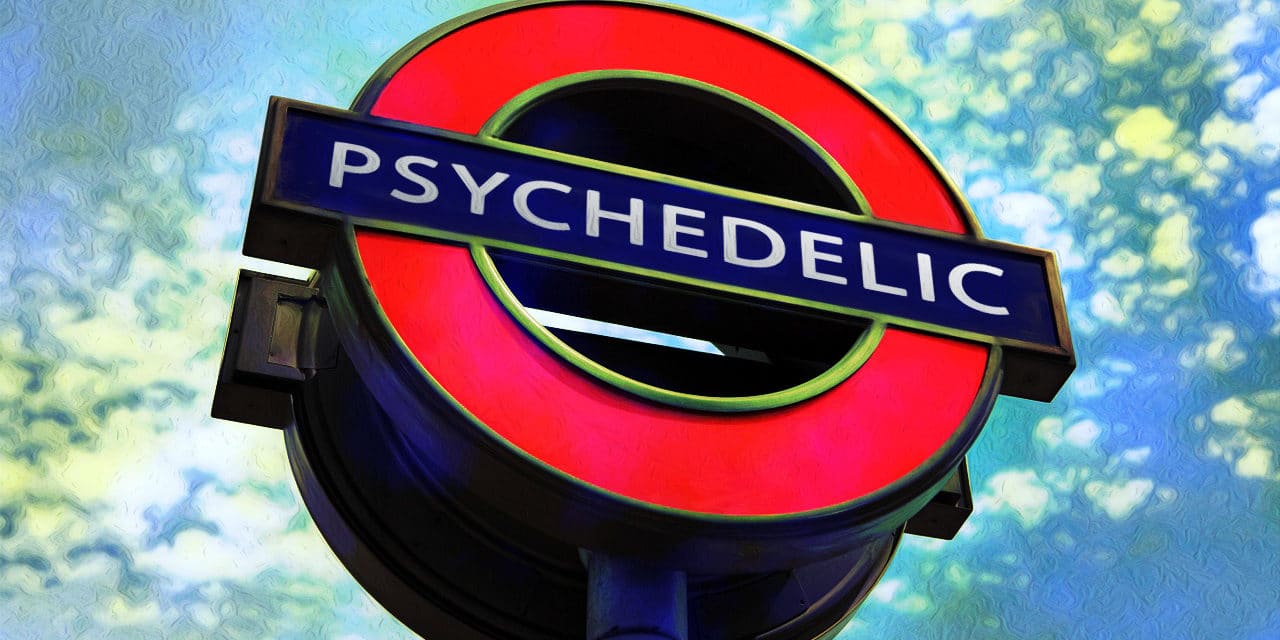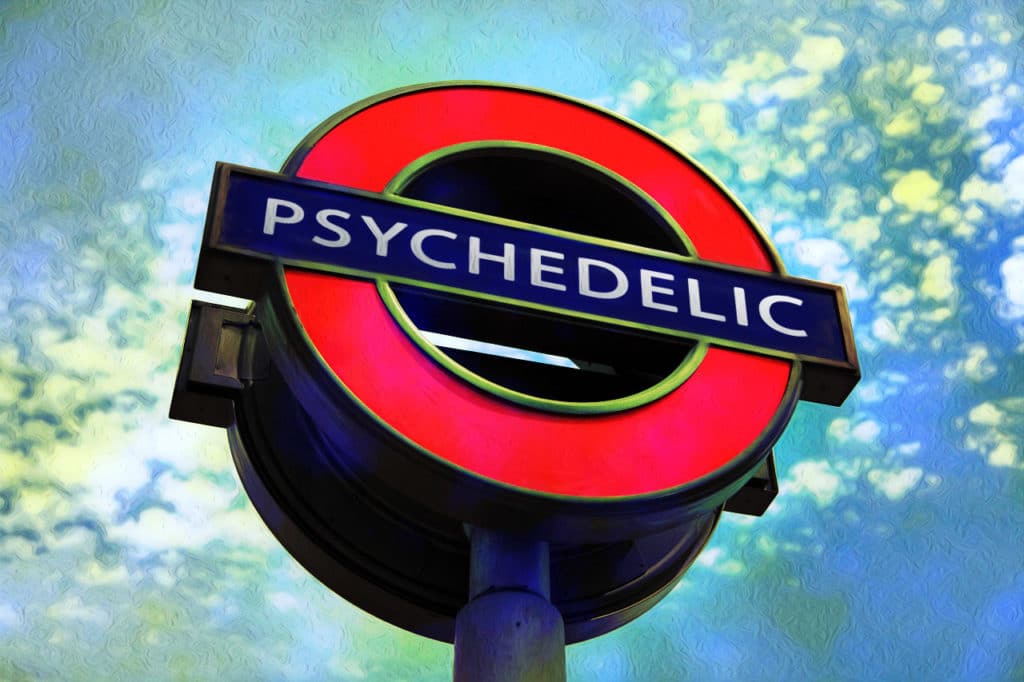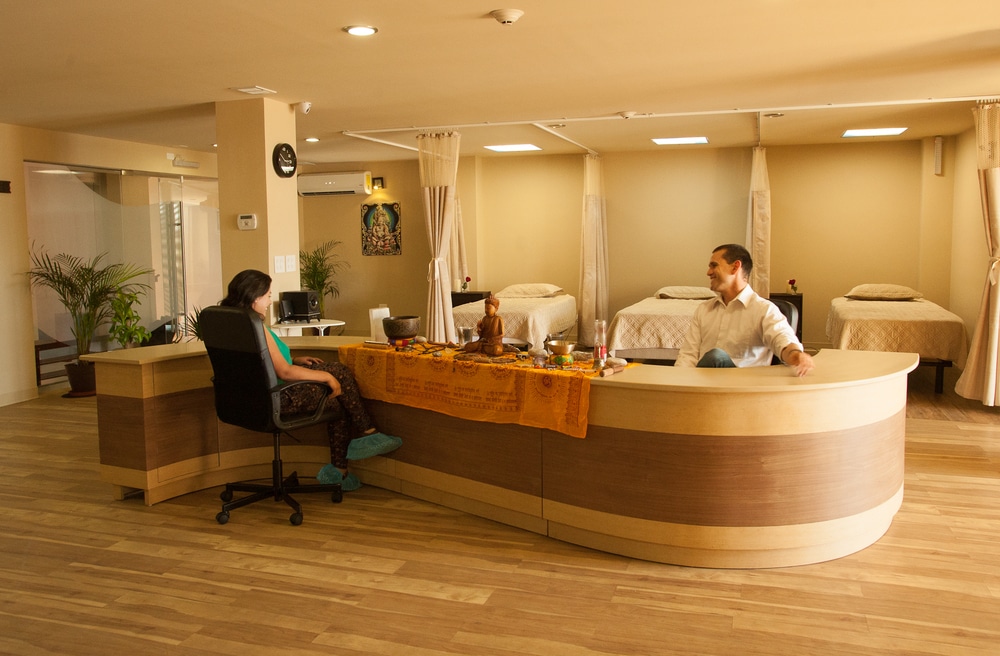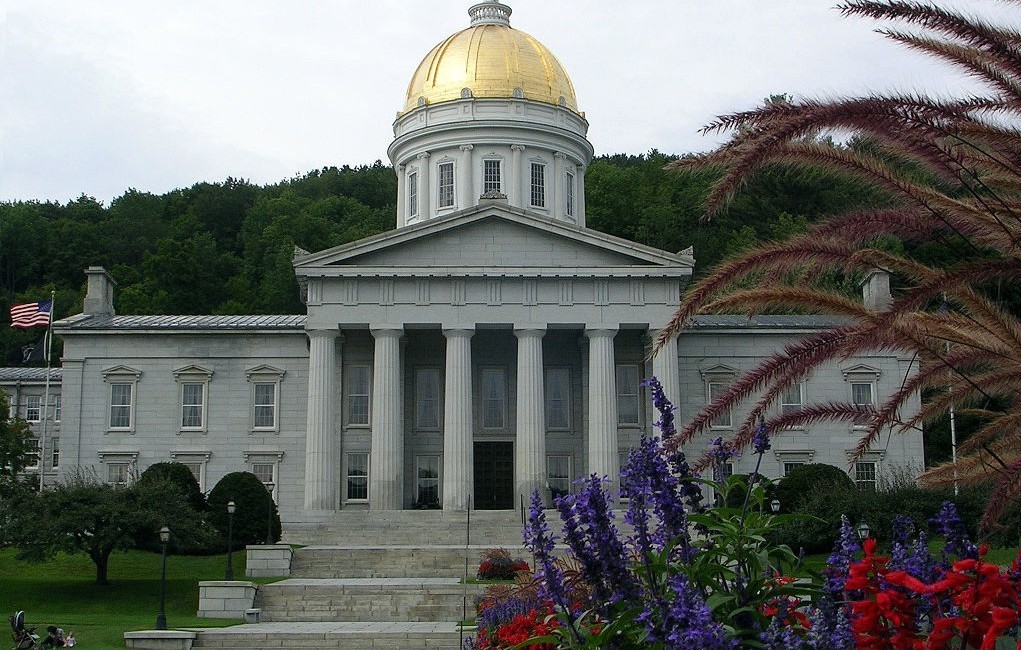As psychedelics lurch headlong into the mainstream, fueled by peer-reviewed science, astonishing medical efficacy, dedicated activists, and support from popular figures, the psychedelic community is beginning to realize it is not homogenous. While some psychedelic advocates want to see mainstream acceptance happen at almost any cost, others are mindful of the precarious pitfalls that lie seemingly on every side of this movement, with the most notable threats coming from destructive cultural appropriation, hastily-created and unsafe containers for transcendent experiences, and monopolistic capitalist takeover. Others still question the very legitimacy of the psychedelic movement as it has come to be known, harboring a deep mistrust of institutions and mainstream science and medicine, preferring simply the freedom to imbibe substances without threat of persecution from the state.
Those who self-identify as psychedelic advocates or supporters are almost universally highly passionate about this debate for many reasons. The psychedelic experience is often life-changing, deeply healing, and grants unparalleled insight into the nature of self, reality, and culture. It breaks down old structures of belief and well-worn associations, allowing access to novel views and a near infinite realm of possibility in terms of who we can become both personally and collectively, and how this world that we share could improve.
When people- particularly the youth- are heavily disconnected from mainstream society, these boundless vistas of potential occasioned by the psychedelic experience can lead one to disconnect even further from society, leveraging this direct transcendent experience as further proof of the illegitimacy of the status quo. We saw this quite clearly in the 1960’s, where this dynamic played out among many young psychonauts and even among a handful of prominent psychedelic researchers. Without placing any judgement on their conclusions, and accepting that the turbulent psychedelic movement of the 60’s clearly resulted in many wonderful things alongside inevitable and unfortunate blowback, it is safe to say that the psychedelic movement of today is by and large taking a different pathway, one of moderation and mediated societal evolution rather than radical political revolution.
But the devil is in the details. As much as today’s psychedelic movement wants to distance itself from the cultural war of the 60’s, the root of the psychedelic experience is inherently radical and disruptive to accepted norms. While psychedelic science is proving that psychedelic-assisted psychotherapy can heal people without turning them into commies, hippies, or zealots, the old questions about the social and political legitimacy of the status quo are inevitable destinations of the larger psychedelic conversation. Hence we see heated debates arising as the movement to legitimize these substances begins to merge with the mainstream structures of governmental regulations, pharmaceutical corporations, legal patents, and other fundamental underpinnings of capitalism and state.
In my second conversation with Rick Doblin, we explore some areas of the psychedelic movement where our beliefs overlap- yet I am careful here to respect the plurality of opinions within the movement and identify these as opinions rather than facts. One of these views is that healing people within the existing mechanisms of the status quo is a worthy act, even if aspects of the status quo are unjust or illegitimate. And secondly, that all subcultures within the psychedelic community can benefit from solidarity around this new science-lead psychedelic revival, as the fruits of this movement stand to benefit everyone regardless of political views.
Thanks so much for continuing this conversation with us, Rick. Some outspoken critics in today’s psychedelic movement are minimizing or even dismissing the immense harm reduction benefits that could come from making these treatments available for people, saying that healing people within an unjust empire does nothing to change the empire, and perhaps even strengthens it. I’m curious what your response is to that.
I think one of the best ways to change the empire is to heal the people within the empire. How else are you going to do it?
We can describe ‘the empire’ in the coarsest of ways as being produced by genocide of the Native Americans, slavery of African Americans, massive militarism throughout our entire history, overthrow of democratically-elected socialist governments in Central and South America, and so on. We have a pretty sordid history in a lot of ways. But I think the evolution of awareness and consciousness in individuals will inevitably filter up. How do you undo multigenerational trauma that perpetuates down through the generations? I think that’s our challenge.
Let’s look at Trump, for example. If you want to get rid of Trump, the challenge is not Trump himself- it’s all the millions of people that supported him. Paradoxically we think if we just change a few people, everything will be better, but really what we have to do is change tens of millions of people’s attitudes. I think that will actually be easier since certain individuals don’t seem to want to change.
How do we get millions, tens of millions, or even billions of people to say “Let’s protect the environment” and “Let’s welcome the stranger” and “Let’s not dehumanize and kill”? I think the real solution is mass public spirituality and mental health which is where the long term survivability of the human species will come from. That’s really the only way that things will change, though such change does begin with smaller numbers of individuals.
That being said, we also have to work politically. How many people are voting? We need to vote, we need to work within the system, we need to work to try to change the empire in multiple different ways. I just think the process of healing individuals has the largest ripple effect into the most issue areas.
I agree completely. Questioning the benefits of helping people who are suffering greatly to me seems deeply cynical and unhumanitarian. If you look at the individual as a microcosm, when you heal a core wound or trauma, over time every aspect of their life starts to improve because the root is healed. It makes sense to me that this would be the case for healing wounded people within society. Depressed, traumatized, and addicted people gave rise to the world we live in. Conscious, empathetic, and integrated people will create a very different world than the one that previous, unhealed generations did.
Yea, I definitely think so.
I liken their view to a kind of “cultural bypass” in the vein of spiritual bypass- a yearning for instant easy enlightenment or overnight sociopolitical revolution without any of the hard work, practical concerns, or steady incremental effort it takes to fully integrate and embody a new perspective.
Yes, and I’ve thought that way myself before. I was like, “I’m just going to take loads of psychedelics, and the more drugs I take the faster I’ll evolve!” That was my approach in college. Unfortunately it didn’t work!
A lot of these more fringe voices seem to deeply mistrust institutions and idealize shamanic, ceremonial, and self-directed contexts, which as of now are mostly in the underground. Let’s discuss this underground and its relationship with the emerging medical paradigm.
I can’t help but think that medicalization- even if it happens imperfectly- will do a great service to the underground by leading the way to rescheduling, legalization, lowered stigmas, greater understanding of mindful use, and so on. It seems like a major win for the underground, even if you want to opt out of and criticize the medical or for-profit paradigm. I’m curious if you agree with that and what you think the mainstreaming of psychedelics will do to the underground.
Eventually what we want to do is bring the underground above ground. These substances shouldn’t be illegal in the first place. I think the best example of this effect you’re talking about can be seen with ayahuasca. We have legal ayahuasca churches in the United States, the UDV and Santo Daime, and then there’s a massive number of ayahuasca circles all throughout the US that are not technically part of those churches. Yet they seem to be going on with very minimal police repression. I think there are two reasons for that: one is that a lot of the participants are white, affluent, politically connected people, but the other reason is that we’re in the midst of a vast opiate epidemic. Last year more Americans died of drug abuse than died in the entire Vietnam, Iraq and Afghanistan wars.
Wow. I knew it was bad, but never heard it framed in that way.
Yeah. And on top of all that, we’re starting to prove the medical use of psychedelics through research. So for the DEA or police to go after ayahuasca circles or underground therapeutic providers and patients would be a massive misplacement of their resources. Going after people who are not problem-producing and ignoring the fact that there is such a massive death toll from the opiate epidemic would be a huge mistake. So that’s also becoming a positive impulse, you could say.
But I think the big issue is that the underground should be moving above ground- that’s what it’s all about. First through medicine and religion, and then eventually through a post-prohibition world.
A post-prohibition world would be a giant win for all of the psychedelic sub-communities. The underground practitioners, the cognitive liberty advocates, the research institutions, nonprofit and for-profit actors, and basically everybody else too. Of course we should be vigilant and mindful of how this process plays out, but we should also have a sense of solidarity around this goal and how medicalization is getting us there.
I think a lot of times people can heal themselves. And so I think a check on the for-profit companies like Compass and even the nonprofit companies too, should be eventually the end of prohibition. This way people could have a licensed legalization context where they go to a psychedelic clinic, they take a certain psychedelic under supervision, they understand what it is, they don’t have a psychotic break, there are certain minimum safety requirements, and then people can get a license. With a license they can buy it on their own and do it on their own, at home, with friends, at parties, who knows where. Not just recreational, but personal-therapeutic, personal-spiritual, personal-celebratory, and group rituals, so that the only access to these drugs isn’t just through doctors and medicine, or through religion. It should be a broader post-prohibition world.
We are very grateful to Rick Doblin for taking the time to speak with us on these important subjects. To read our first interview with Rick about the emergence of for-profit psilocybin companies, click here. You can also listen to our podcast with Rick from 2015 by clicking here.












I really like the idea of the last paragraph. I had a similar idea though it involved multiple tiers of dosage levels that correlated to how much of a certain psychedelic someone could purchase for personal use outside of assisted therapy sessions. That way someone could choose to go on a microdose regimen after just one assisted session, whereas someone like myself who wants to deeply explore my core beliefs could go do scaling assisted sessions (ie for psilocybin mushrooms; .5g first session, 1g second session, and then increase dosage by 1g thereafter until a level of exploration is found that the person was looking for) and then I could purchase say 7g of psilocybin mushrooms or .5g of MDMA or 350u+ of LSD depending on which compound I had been focusing on using for these purposes. I do think Ayahuasca should be reserved only for those who have done at the very least a “heroic” dose of a different psychedelic though. Ayahuasca is THE life changer, and I don’t think most people without already experiencing an intense psychedelic experience could handle something of that magnitude.
On a side note, I am loving this website so far. I was looking for something along the lines of the “Leafly for psychedelics” and this is by far the closest I’ve seen. Well done, I’d love to contribute in the future if you guys ever need another brain or if you take freelance articles I’d be happy to get a few mocked up and sent your way for review. Thank you all for what you do here.